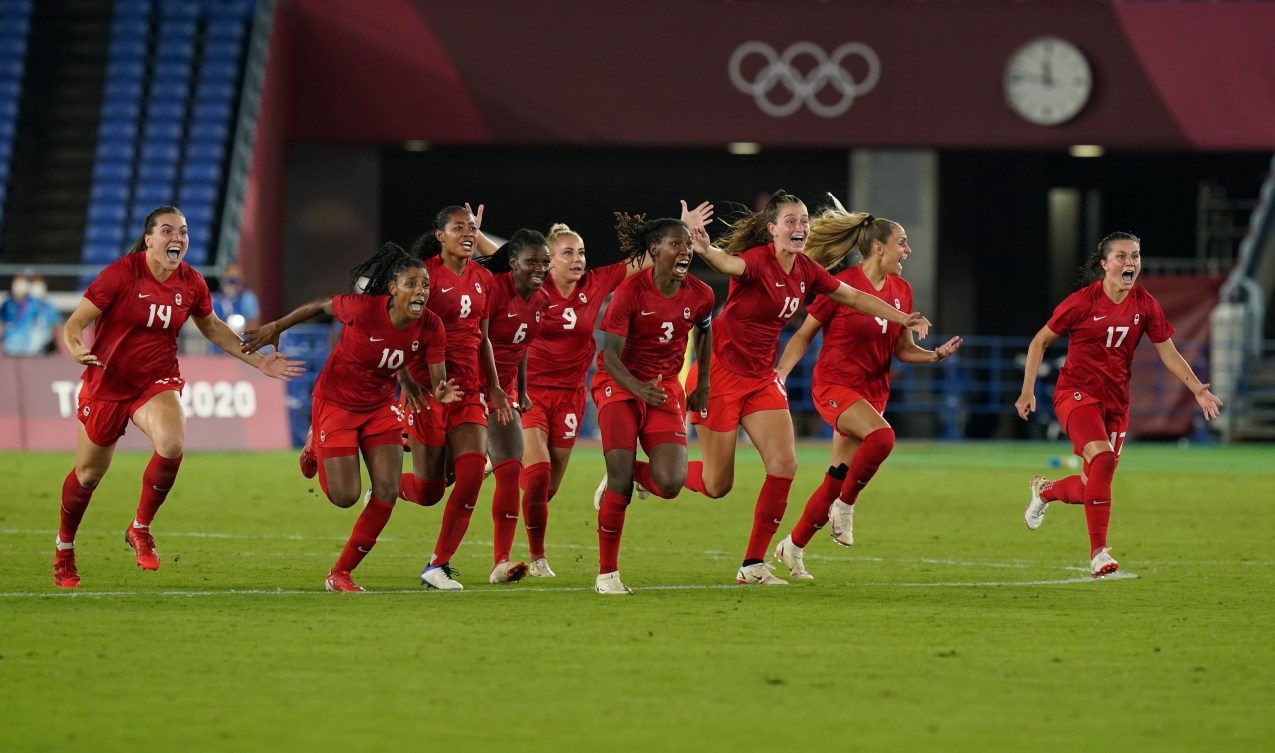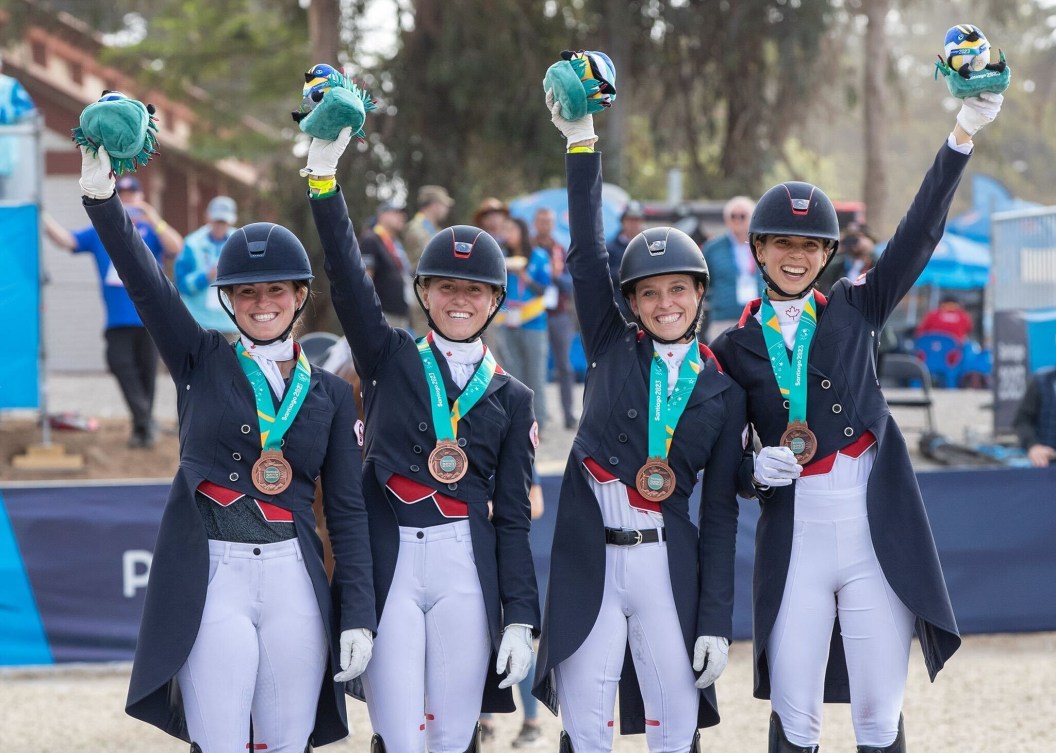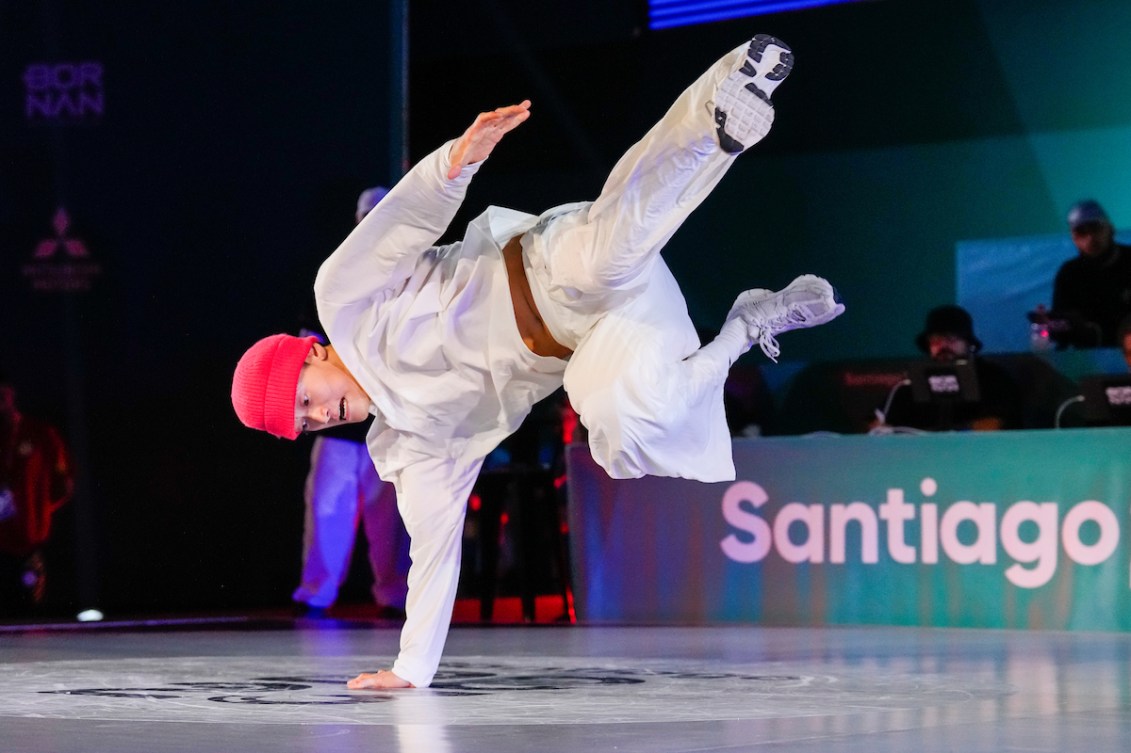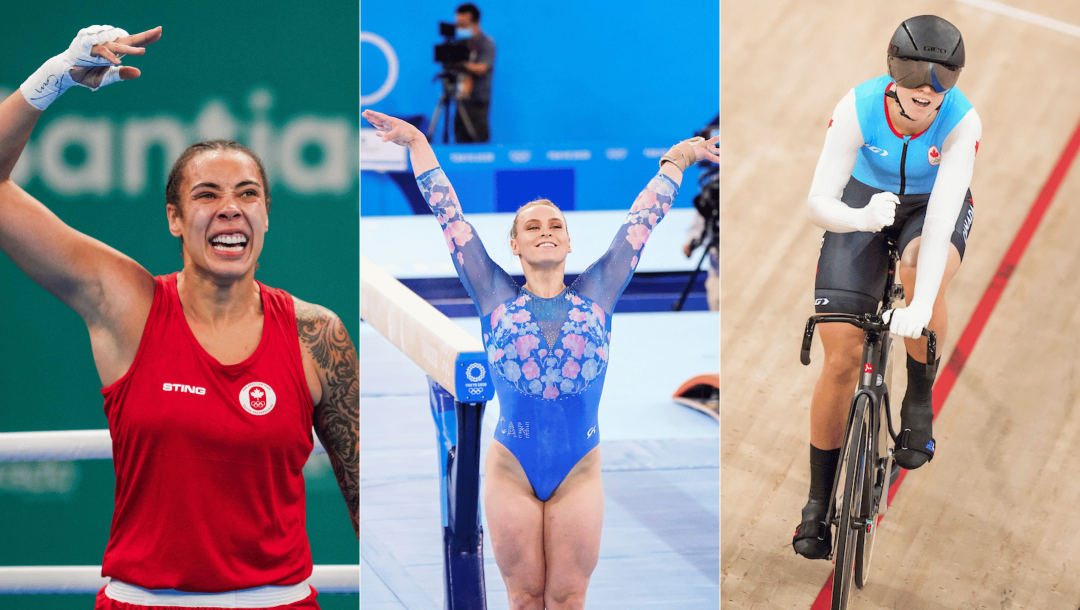Paris 2024 aims to have exact gender equality in athlete participants
The first time Paris hosted the Olympic Games in 1900, only 2.2 percent of competitors (22 of 997) were women. When the Olympic Games returned to the French capital in 1924, the percentage had risen ever so slightly, but women still represented just 4.4 per cent of participating athletes (135 of 3089).
Now, a century later, the Olympic Games are finally expected to achieve full gender balance when it comes to the number of athletes as Paris again hosts the world’s biggest sporting event.
Then and Now: Paris 1924 vs Paris 2024
That historic breakthrough for Paris 2024 was confirmed by the IOC Executive Board in the spring of 2022. The moves needed to create gender parity were among several changes made to the Olympic competition program as it becomes more youth-focused.
Other changes include include the addition of breaking as an Olympic sport for the first time, a reduction in the number of Olympic events, and a reduction in the total number of athletes. Here are some of the most notable details:
Gender Equality
After having women represent 45.6% of competitors at Rio 2016 and 48.8% of competitors at Tokyo 2020, the 10,500 athlete quotas were allocated across the competition program to allow for an even 50-50 split of men and women at Paris 2024.
Athletics, boxing, and cycling will reach gender balance in their athlete quotas for the first time ever. That means the only sports (as defined by the IOC) without gender balance are wrestling (192 men, 96 women), soccer (288 men, 216 women), gymnastics (206 women, 112 men), and aquatics (722 women, 648 men).

Within wrestling, the freestyle discipline will have 96 men and 96 women, but the Greco-Roman discipline is only contested by men. The difference in soccer is attributable to the women’s tournament including 12 teams while the men’s tournament has 16 teams.
In gymnastics, the artistic (96 athletes per gender) and trampoline (16 athletes per gender) disciplines are balanced but rhythmic gymnastics will feature women only. Within aquatics, swimming (426 per gender), marathon swimming (22 per gender) and diving (68 per gender) are balanced. Water polo (132 men, 110 women) will include 12 men’s teams and 10 women’s teams while artistic swimming is a women-dominated discipline, with teams optionally permitted to include up to two men.
Athletics and boxing will achieve gender equality by changing their event programs, which will be detailed below. Cycling has not made any changes to its events, only adjusting the athlete quotas within its disciplines. The biggest impact will be felt in road cycling, which will feature 90 men and 90 women, compared to the 130 men and 67 women at Tokyo 2020.

Equestrian is the one sport that could deny Paris 2024 an overall gender balance as men and women compete directly alongside and against each other in all three disciplines (dressage, eventing, jumping). It is up to each National Olympic Committee who they nominate to compete. So a team of three in a discipline could be all men, all women, or a mix of both. Which means, in theory, there could actually be more women than men!
New Sports
The Paris 2024 Organizing Committee had proposed including skateboarding, sport climbing, surfing and breaking as non-core sports for the Games and all were confirmed by the IOC Executive Board.

Breaking will make its Olympic debut following its appearance at the 2018 Summer Youth Olympic Games in Buenos Aires. Skateboarding, sport climbing and surfing will remain on the Olympic program for another Games following their debuts at Tokyo 2020.
Breaking will include a B-Boys event and a B-Girls event, each with 16 athletes. Skateboarding will continue with the street and park events for each gender while surfing will maintain its men’s and women’s shortboard events. Sport climbing has been adjusted to include two events per gender, with bouldering and lead in a combined event separate from the speed event.
Event Changes
International Federations had proposed adding 41 events to the Olympic program, but the IOC Executive Board instead decided to decrease the number of events from the 339 that were contested at Tokyo 2020 to 329 events.
Included in that will be 20 mixed gender events, an increase from the 18 that were on the Tokyo 2020 program.
In athletics, a mixed team race walk event will replace the men’s 50km race walk. By removing the 50km race walk, which had been a men-only race, the athletics program will include 23 men’s events, 23 women’s events, and two mixed events.
In canoe/kayak slalom, a kayak cross event has been added for each gender. Those will replace the K-1 200m sprint events for each gender. Additional changes include the men’s K-2 1000m and C-2 1000m events becoming 500m races.
In sailing, men’s and women’s kiteboarding events are being included for the first time. A mixed 470 (two-person dinghy) event is also being added. Coming off the Olympic program will be the men’s and women’s 470 events as well as the men’s Finn.
In shooting, a skeet mixed team event will replace the trap mixed team event.
You can see the complete event program for Paris 2024 here.
Athlete Quota Reduction
As noted above, the overall athlete quota for Paris 2024 will be 10,500 athletes, which is 920 fewer athletes than competed at Tokyo 2020. Fewer athletes also means fewer officials, which will lead to a reduction in the overall size and complexity of the Games.
The most affected sports are weightlifting and boxing. Weightlifting will now have five events per gender, taking away two men’s events and two women’s events. There will be a quota of 120 athletes, well down from the 196 at Tokyo 2020 and the 260 at Rio 2016.
Boxing will have seven men’s events and six women’s events. That takes away one event from the men’s competition and adds one event to the women’s competition compared to Tokyo 2020. Each gender will have 124 athletes entered with the overall quota dropping by 38 from Tokyo 2020.




